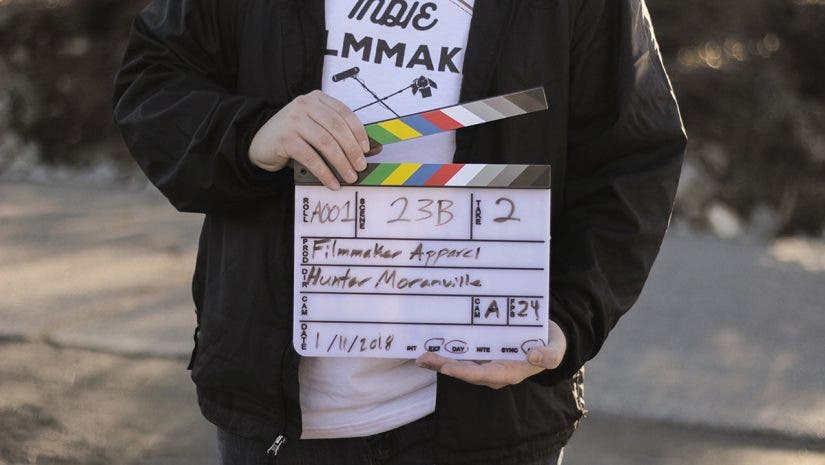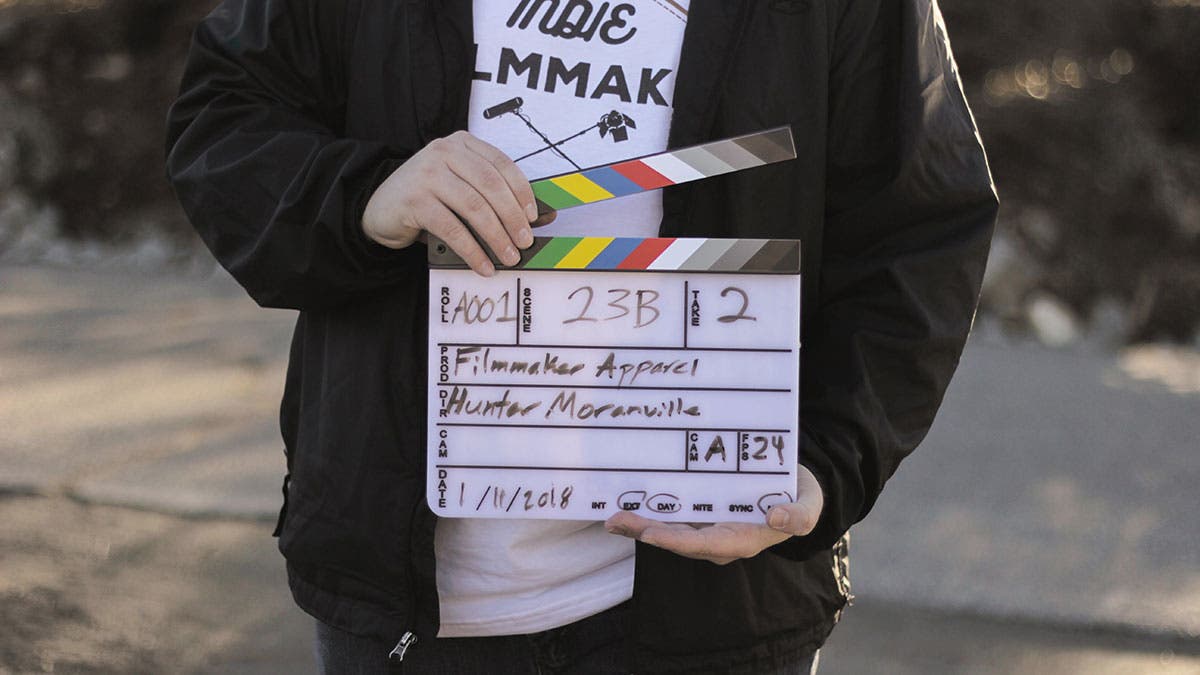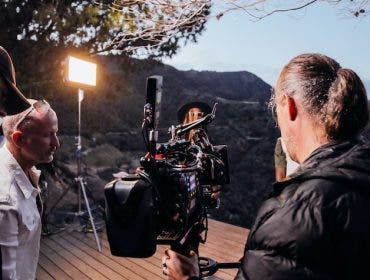While it is certainly possible to make a film with either a low or even a zero budget, most films require money to get made. You need to pay cast and crew, rent cameras, lighting, and sound equipment, secure locations, book costumes and props, and also important, feed everyone on set. All these expenses add up quickly. So where should this money come from? How do you go about preparing and getting what can end up being quite a bit of money? Let’s learn more about how to finance a film and and funding tips for films that can help you be successful.
Here are 8 tips and questions you should ask when seeking funding for films.
Should you seek funding for your films?
Naturally the first question you should ask yourself is, “should I seek funding for this film?” When you are very early on in your filmmaking journey you will be making lots of mistakes and hopefully learning from them while finding your artistic voice.
The pressures of filmmaking are enormous as a director. You have so many different and diverse questions that you need to answer before you even get to direct your actors. You’ll need to answer what kind of lighting are you looking for, what camera look and style are you using, what location best fits the script, and many, many other questions.
As a filmmaker, my recommendation is to make your first few films simple and cost effective endeavors. This way, you can feel comfortable trying things out and making mistakes without the tremendous pressure that comes with big budgets. There is a saying I heard a while ago that stuck with me: No matter when you make your first film, it will be a student film. This simply means you will learn a lot and also, that it likely won’t be a masterpiece.
Now, if you have a few shorts or have made a no/low budget feature and feel you are ready to take it to the next level, read on.
Is using your own money a good idea for funding films?
Using your own money to finance your movie is usually the ultimate “no-no.” And, this is the case for obvious reasons. If you are a creative type, perhaps someone who has deep artistic and technical knowledge of filmmaking, you may massively underestimate the cost of your film. Remember, there is significant risk when you are taking with your money. Most films don’t make their money back. On top of that, most of the films that do make a profit do so in partnership with film studios.
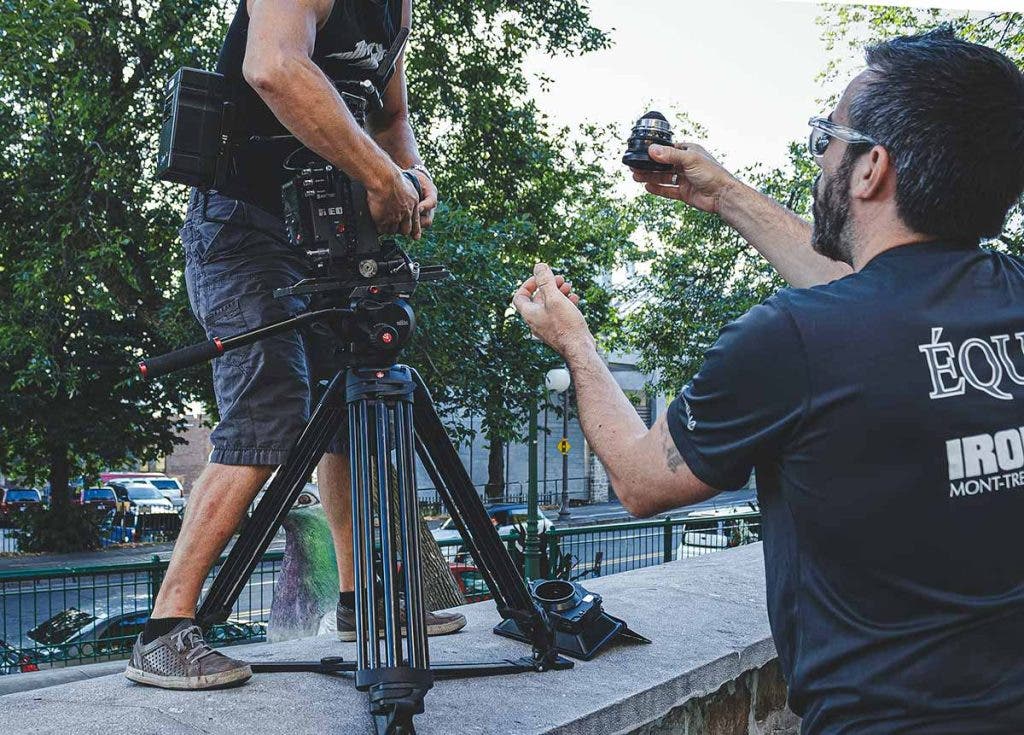
Tips for Getting Funding for Films
Don’t just ask for money. Come prepared.
You’ve made a few films and have learned many lessons, including how much funding a film can potentially cost. Now you are ready to take your script and find funding so you can execute on your vision. Before you go out, hat in hand, with just a script and some passion, get yourself in the best position to get a “yes” from a potential investor, grant provider, or company.
Film financing is extremely complex and while you don’t necessarily need to be an expert, having a little bit of knowledge and potentially someone who is willing to help you will help you be more successful. There are many questions that investors can ask before deciding to sink money into your project.
Is the script good and did the pitch get me excited?
When you are pitching your film to an investor, you need to make sure your pitch threads the needle of giving them enough information about the story while also being exciting to listen to and showing that you are confident enough to be able to pull it off. Do you have a pitch deck, a log line, promotional materials, a teaser, or a poster? And are they high quality and engaging? The better these materials are, and in conjunction with a solid and engaging pitch, the more likely an investor is to read your script and eventually fund your project.
Do you already have anyone else invested?
Many investors feel much more comfortable if someone else has already committed money to your project. The assumption is that someone else also sees something of value in this project and is willing to financially support it. So perhaps going after a smaller investor or raising some funds yourself through crowdfunding (more on that below) will put an investor more at ease.
Are you working with professionals? Are any stars on board?
A list of experienced and talented crew who are signed on to work with you on your film is obviously a huge benefit to not only the project, but also for financing. Another great asset is to be able to have interest from recognizable actors. If you can get your script into the hands of someone notable and they are excited to play a role in your film, this will make seeking funding an easier affair. It’ll also lend credibility to your film and will likely make distribution easier.
These are just a few things to prepare ahead of any investor meetings. There will be many more questions and many will be specific to your project. As a rule, be as prepared as possible, know your project inside out, and project confidence.
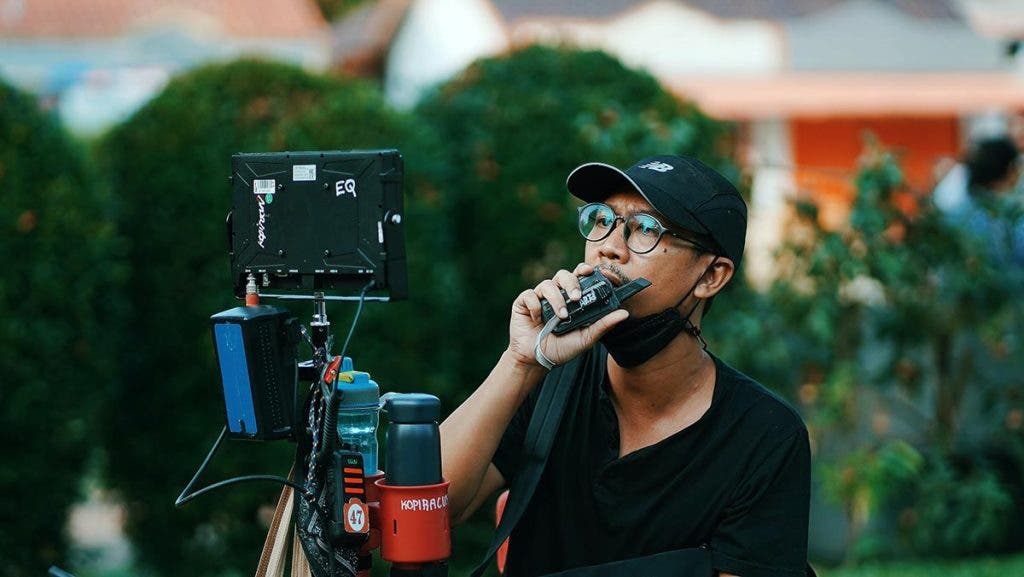
Seek funding from grants and fellowships
Grants and fellowships are governmental or institutional support for the arts, and in our case filmmaking. They are often given to first-time filmmakers or people whose voices may not often be represented in film, or the funds may be targeted to a specific set of criteria, such as that the film must have climate change as a theme. There are also many governments that give funds or subsidies to filmmakers for basing their production in their region.
The best thing about this type of investment is that it is not based on expected returns and do not have to be paid back. Search for funding using the unique aspects of your script as well as your personal attributes.
Look into tax credits and incentives
Another type of governmental investment to film productions is through tax credits and other incentives. Getting money back on your tax expenditure is considered soft money as it is not upfront financing funds. This advantage comes after the film is finished, all the invoices are paid, and the books are finalized.
At this point, the government will refund you part of the taxes you have paid throughout the making of the film. While this may not be the simplest method of film financing, it can be a valuable money saver and you will definitely be glad you went through the work to get it done.
Looking for private funding
There are several different ways to get private funding besides direct investment. As mentioned above, private investors are looking for the viability of your film to not only make its money back, but also to turn a profit so that they will have made some money on their investment.
Pre-Sales
Selling the rights to distribute your film to a specific region before the film is finished can help you not only get funding, but build excitement for your project with investors as there is already a market willing to buy your film. Getting pre-sales however, is not a simple matter. Often, a distributor is looking for a film they are sure will be popular in the geographical area they represent.
Gap Financing
Gap financing is a loan that you take out and get money based on the perceived value of your movie’s distribution rights, usually for foreign territories. This is riskier than pre-sales, but in the end it could be a better decision for your production. Consult with someone who knows what they are doing to help you if you go down this route.
Negative Pickup Deals
A negative pickup deal is one on which a studio agrees to buy your movie, but only after completion. The amount is set ahead of time and will only be released to the producers once all obligations have been settled and the film is in the can. While this sounds like a risky route as you take all the upfront costs, this leaves you with two major benefits. First, you have much more say in the production of your film. Secondly, you now have a contract that you can use to get a loan to make your film.
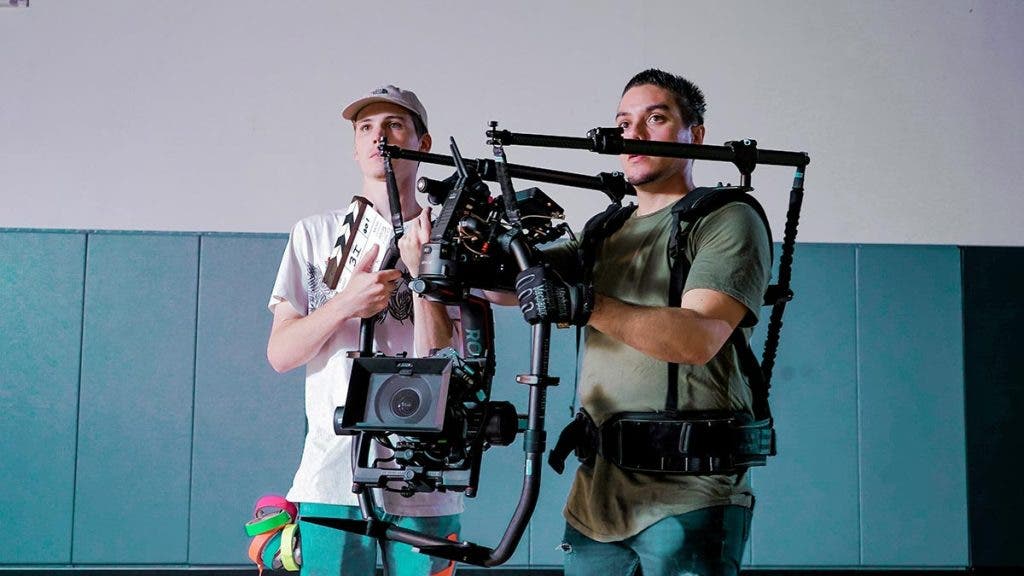
Crowdfunding for films
By now everyone is aware of crowdfunding. It can be super useful if you have a large network, a project that will appeal to a niche audience, or both. Most crowdfunding campaigns have set goals and give a percentage of their funds to the crowdfunding platform.
You should treat your crowdfunding campaign as if it were a direct pitch to an investor. Give a lot of thought to the materials you use to pitch your film idea. Do you have a teaser? Are you making a video where you talk directly to your audience addressing what you hope to accomplish and where the funds will be going? Another major consideration is what rewards to give to your crowdfunding investors at different investment levels. Try to make the rewards more unique and valuable the higher the investment level.
Educate yourself and get professional advice
While this article may be a good starting place, there is so much more information and strategies around securing funding for your films. Additionally, seek out the help of someone who knows what they are doing and hopefully has secured funds for other films before. Be very careful in who you work with and make sure you team up with knowledgeable people who are trustworthy and reputable.
